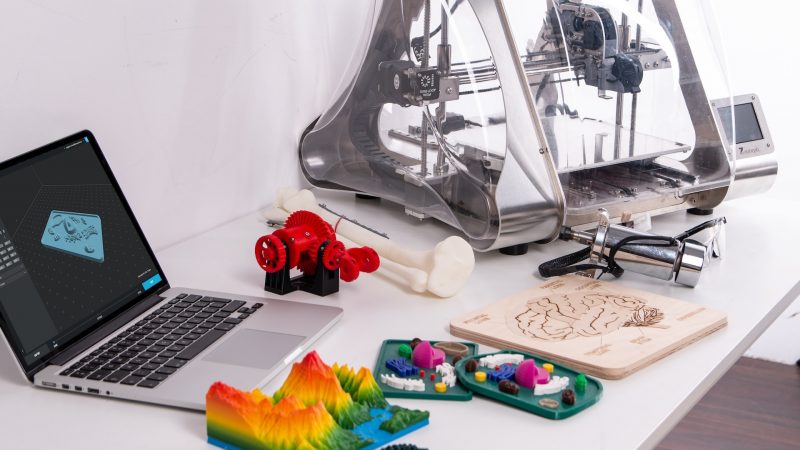STEM education produces individuals who move on to get medical, engineering, and science jobs. These careers are essential because they advance healthcare, technology, and research for the benefit of society. Unfortunately, STEM careers are facing a problem today. The US Bureau of Labor Statistics projects that the number of STEM jobs will grow by 8% by 2029. Because of this rapid growth, experts expect over 3.5 million positions in the field to remain unfilled by 2025. If this happens, the country may experience a shortage of medical professionals, engineers, and scientists.
Therefore, encouraging young people to pursue STEM is all the more important. One way to do so is by emphasizing how it has many applications outside of the classroom. If you’re a future STEM student or professional, here are four real-life STEM applications to inspire you.
Budgeting
Students typically learn about budgeting when shopping or saving up to buy something. When shopping, you need to determine what products fit your allotted money. If you’re saving to buy an item, like a gadget, you must compute how much of your allowance you should set aside regularly.
Since math is one of STEM’s major components, students in related courses can learn more about budgeting. By solving math problems and learning algebra, you improve your computation skills. One STEM career that heavily relies on math is that of the financial analyst. These professionals analyze a company’s past and present financial data to help them create informed budgets. Their strategic thinking skills enable them to guide business investments and financial strategies.
Even if you’re not pursuing this path, STEM will still sharpen your math and budgeting skills for everyday use.
Cleaning
Cleaning is more dangerous than you’d assume. It involves the use of strong chemicals like chlorine, bleach, and ammonia, all of which are common agents in household cleaners that can become toxic if misused. For instance, mixing bleach and ammonia creates chloramine, which causes chest pains and a shortness of breath.
Fortunately, STEM education helps you avoid these events because it includes chemistry—the study of substances and their properties and reactions to one another. A job that heavily depends on this is that of the chemical technician, who is tasked with conducting laboratory tests that assist in analyzing the properties of various materials. Their input lets scientists and the public know their uses and hazards. These workers also compile and interpret the results of chemical experiments for future use.
By knowing the proper handling of chemicals—as chemical technicians do—you can prevent cleaning mishaps.
Cooking
There is a lot of experimentation and physics that go into cooking. For one, heat changes a food’s texture. For example, sauces become thicker when cooked for longer. Cold temperatures can also affect food—like how gelatin sets when refrigerated. Mixing herbs, seasonings, and other ingredients also becomes an experiment whenever you’re in the kitchen.
In fact, one career that you may not often hear about in STEM is that of the food scientist. This job involves studying foods’ processing and deterioration using lessons learned from chemistry, engineering, and even microbiology. There’s a lot of science behind your food, and these professionals ensure that eating is safe and pleasant for your taste buds.
With the job of the food scientist proving that STEM is heavily involved even in tasks like cooking—which at first glance does not seem heavily scientific in nature—it’s clear that the career opportunities present in this field are virtually endless.
Traveling
Traveling has become even more efficient thanks to modern technology, which powers innovations like bullet trains and high-speed cars. This is all thanks to automotive engineers, who develop, test, and improve vehicular components like engines. They also create new vehicles and technologies that will enhance transportation.
If you don’t plan on becoming an automotive engineer, you’ll still learn a lot about technology, engineering, and similar processes. In the future, you could apply these lessons when repairing appliances or regularly maintaining your car.
STEM education is not only beneficial in getting a good career, but also teaches you real-life skills. Consider attending Career Conversations and similar events to help you decide which career path suits you best.
Written by Megan Sebastian

